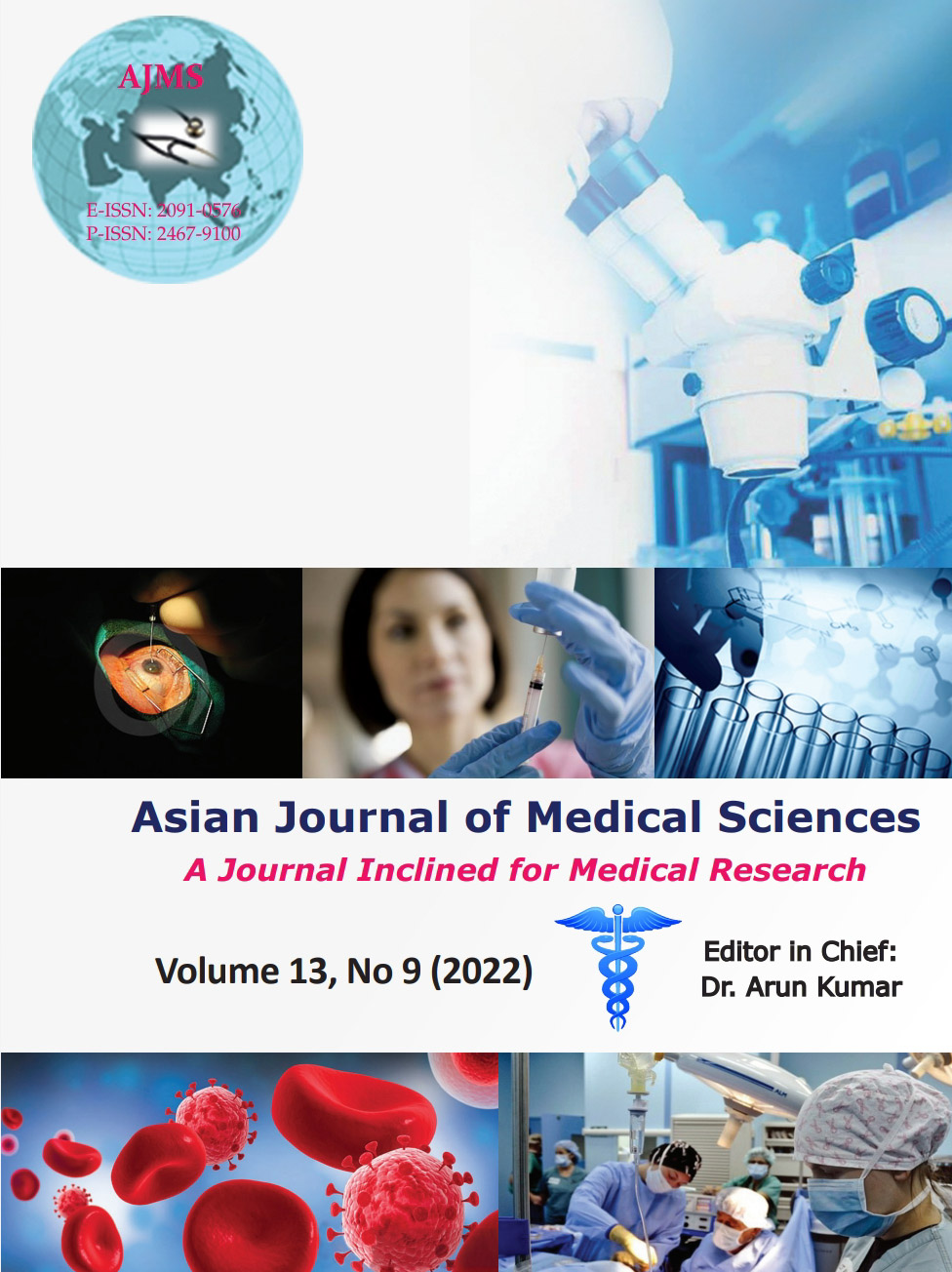Family planning knowledge, attitude, and practice among postnatal women in a Medical College Hospital
Keywords:
Attitude; Family planning; Knowledge; Postnatal womenAbstract
Background: Family planning methods prevent pregnancy-related health risks for women.
Aims and Objectives: This study was undertaken to assess knowledge, attitude, and practice of various family planning methods among postnatal women in a Medical College Hospital.
Materials and Methods: A standard predesigned questionnaire was asked to randomly selected 300 postnatal women who delivered at F.M. Medical College and Hospital, Balasore, Odisha, India over a period of 1 year. Data on sociodemographic variables, knowledge regarding various family planning methods, source of information, utilization, and reason for its none use were analyzed.
Results: Majority were between the age group of 20–30 years (81%). About 91% were aware of its use. About 82% were aware of its need. About 75% of the women gave history of prior use of birth spacing methods. Withdrawal, oral contraceptive pills (OCP) and barrier were mostly used methods in the past (i.e., 31%, 19%, and 9%, respectively). Child spacing was most common reason for use of family planning methods. Majority were aware of OCPs (79%) followed by sterilization (72%), barrier methods (71%), intrauterine contraceptive device (53%), withdrawal (31%), and injectable (23%). Social circle (54%) and health-care provider (35%) were major source of knowledge. Man reason for non-utilization of family planning methods was desire of child (42%), fear of side effects (17%), and husband and in-law opposition (16%).
Conclusion: In spite of high contraceptive knowledge and awareness, the actual use of modern family planning method is not satisfactory in our study which suggests proper counseling and education are required to increase its usage.
Downloads
Downloads
Published
How to Cite
Issue
Section
License
Copyright (c) 2022 Asian Journal of Medical Sciences

This work is licensed under a Creative Commons Attribution-NonCommercial 4.0 International License.
Authors who publish with this journal agree to the following terms:
- The journal holds copyright and publishes the work under a Creative Commons CC-BY-NC license that permits use, distribution and reprduction in any medium, provided the original work is properly cited and is not used for commercial purposes. The journal should be recognised as the original publisher of this work.
- Authors are able to enter into separate, additional contractual arrangements for the non-exclusive distribution of the journal's published version of the work (e.g., post it to an institutional repository or publish it in a book), with an acknowledgement of its initial publication in this journal.
- Authors are permitted and encouraged to post their work online (e.g., in institutional repositories or on their website) prior to and during the submission process, as it can lead to productive exchanges, as well as earlier and greater citation of published work (See The Effect of Open Access).




